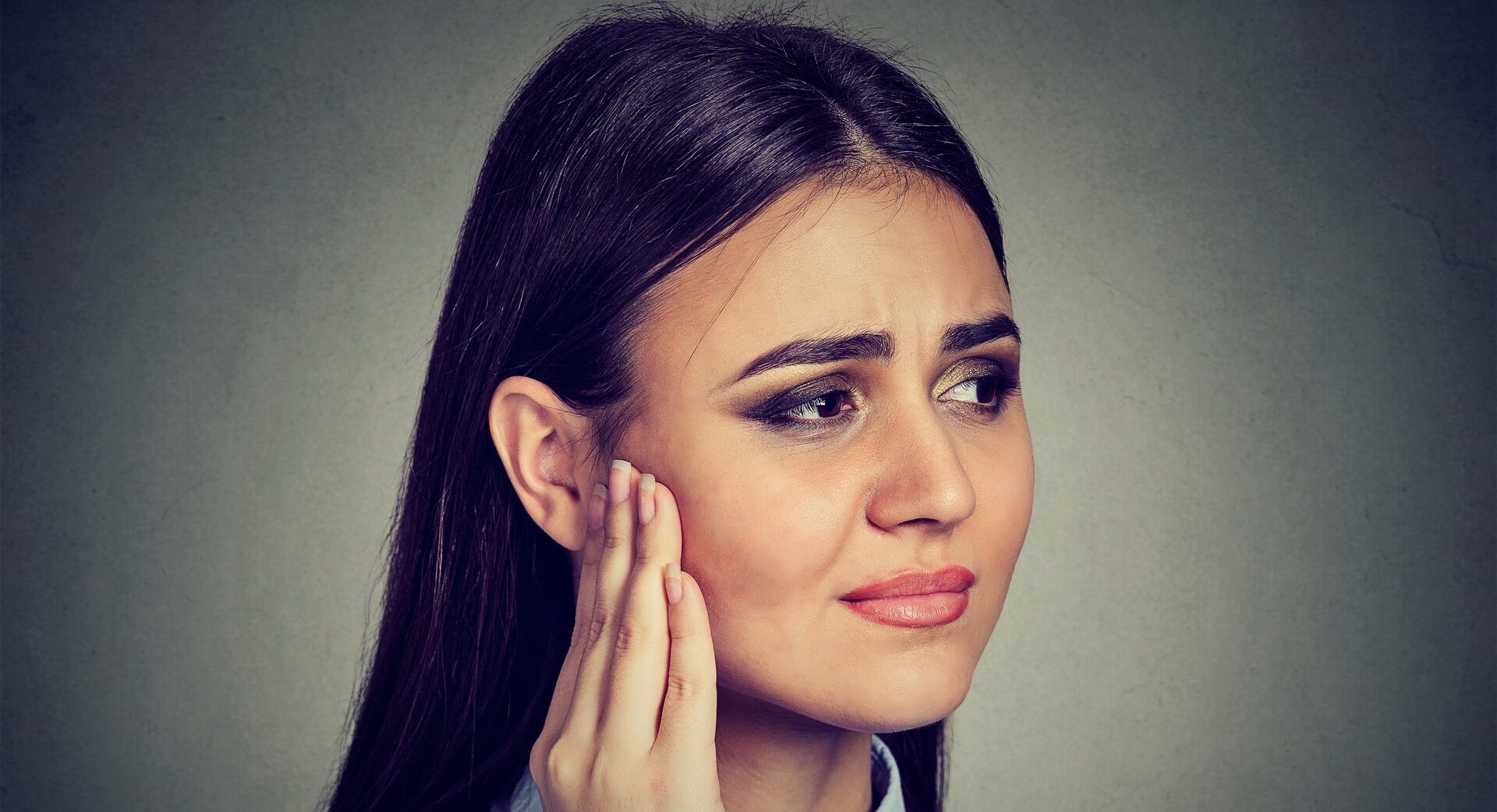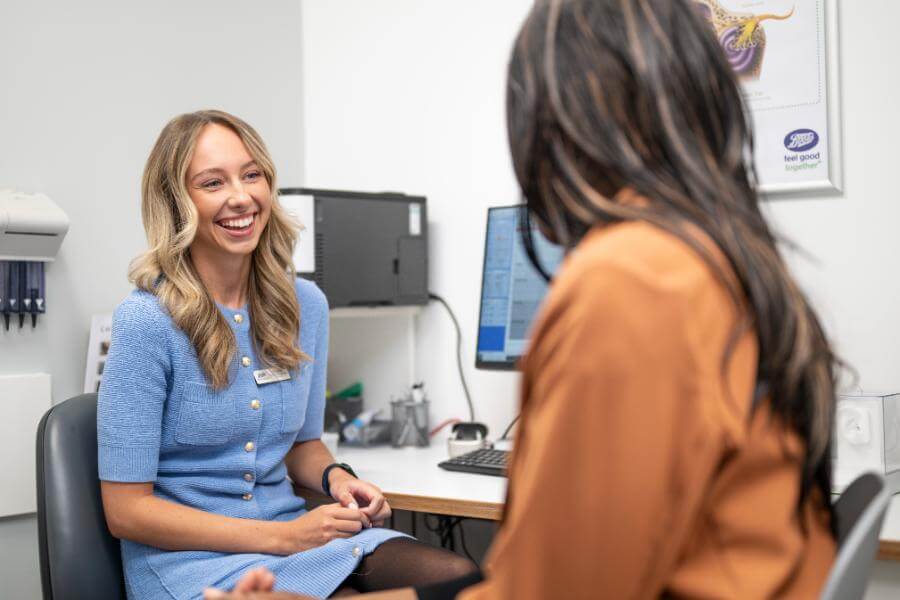Why does my ear keep popping? Causes and remedies

Why does my ear keep popping? Causes and remedies
2 minutes
Published 15 June 2023
14 January 2025
It’s also important to remember that regular, frequent bouts of ear popping can signal a variety of underlying ear conditions. Therefore, you should take steps to ensure your ear popping is treated by a specialist as quickly as possible.
Boots Hearingcare provides all the information you need about why your ears pop, including what causes it and whether you should have a hearing test.
What is ear popping?
Ear popping is when the pressure in the ears needs to equalise so that your eardrum doesn’t expand or contract more than usual. In certain environments, this can happen quite quickly, creating the ‘popping’ sound we hear so very often.
Most of the time, our air pressure is the same, but there are situations when it is known to shift rapidly – for example, while traveling by plane. Fluctuations in altitude make ear popping more likely, and some people find the sensation very uncomfortable indeed.
When the ear pops despite there being no change in altitude, this is known as Eustachian tube dysfunction and should be checked over by doctors to ensure there are no other underlying conditions – although colds and allergies are usually to blame for this phenomenon.
Why do my ears pop?
Ear popping primarily occurs due to changes in air pressure. This phenomenon is commonly experienced during activities like flying, driving in mountains, or diving underwater. These situations lead to alterations in atmospheric pressure, affecting the air on either side of the eardrum.
Common Triggers:
Traveling: Fluctuations in altitude during flights or journeys through tunnels can lead to air pressure changes, causing ears to pop.
Health Conditions: Colds, allergies, sinus infections, and adenoid enlargement can contribute to excessive ear popping. In these cases, Eustachian tube dysfunction may be the underlying cause.
Should You Consider a Hearing Test?
While occasional ear popping is normal and often resolves on its own, persistent or recurrent symptoms may warrant attention. If you frequently experience ear popping or discomfort, it could be an indicator of underlying issues like Eustachian tube dysfunction. Considering a hearing test can help assess your overall ear health and identify any potential concerns. Seeking professional advice ensures a comprehensive understanding of your ear health and appropriate measures for relief.
How to unpop your ears safely
To pop your ears essentially means opening the Eustachian tubes, which is done by engaging the muscles around the tubes themselves. If your ears won't pop, here's what to do here are some common methods that help with ear popping include:
Swallow: Swallowing is a great way to engage the Eustachian tubes to clear any blockages and ensure the air pressure is regulated more smoothly.
Yawn: Whether natural or forced, a yawn will help open the Eustachian tube and regulate the air pressure between the inside and outside of the middle ear. Breathing deeply with your mouth wide open works just as well.
Chew: Like swallowing, chewing also engages the Eustachian tube and can help reduce any unpleasantness associated with ear popping. Hard sweets or gum can be used to expedite the process.
Manoeuvres:
Toynbee: Simply pinch your nose with your mouth closed and swallow. A mouthful of water can help make this exercise feel more natural.
Frenzel: Pinch your nose and make a noise that sounds like a click with your tongue. Keep in mind that the resultant popping may seem uncomfortable at first, but it will be worth it for the relief you can expect.
While there’s no guarantee that these will provide surefire relief from ear popping, it’s always good to try each measure a few times before seeking medical advice for the matter.
Frequently asked questions
Author
Boots Hearingcare
Boots Hearingcare



